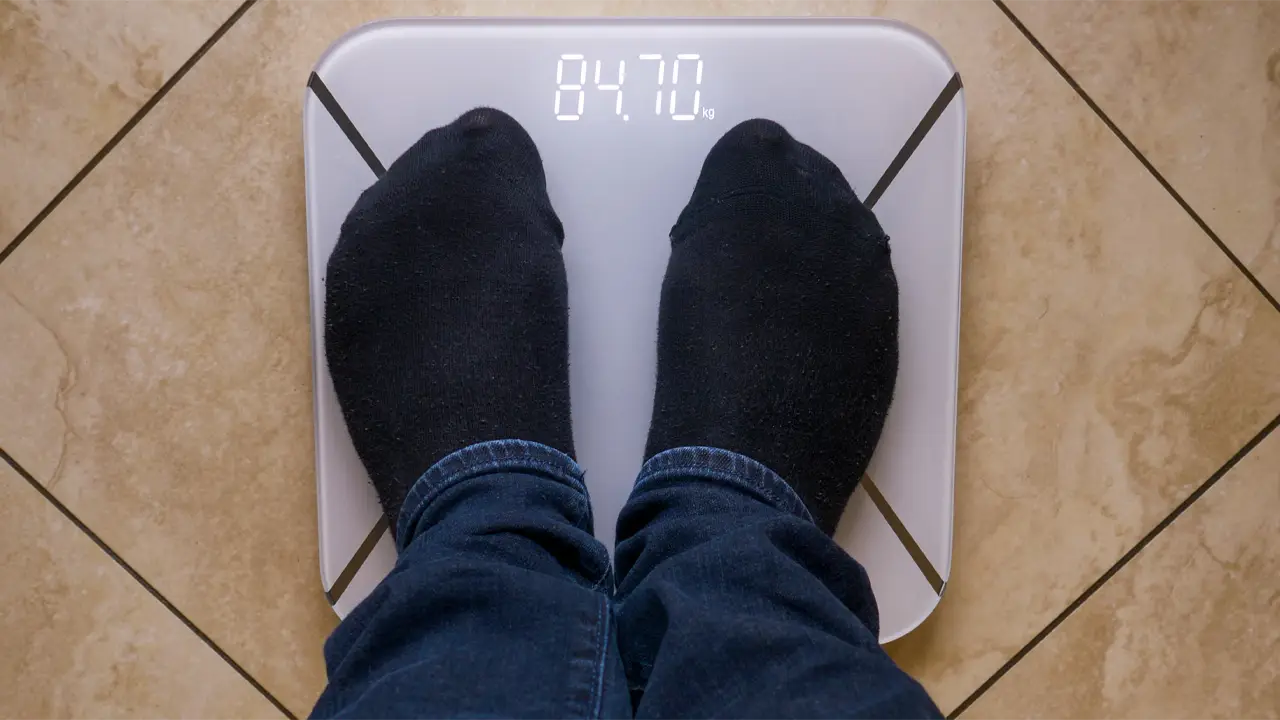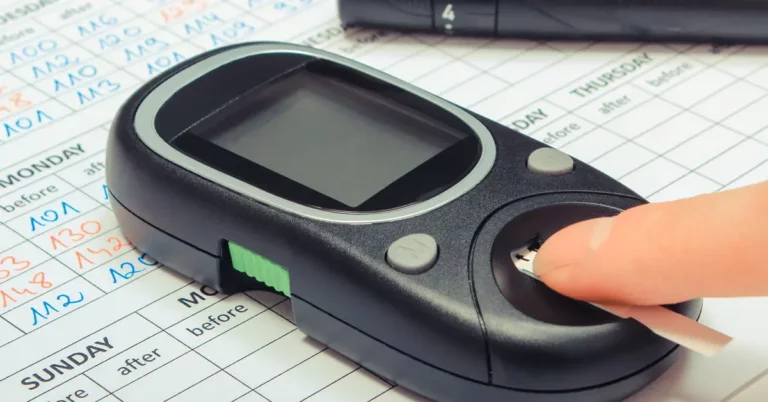Accurate weight measurements are an essential part of healthcare, from monitoring patients’ health to assessing the effectiveness of treatments. In 2015, a study discovered that if intensive lifestyle intervention (ILI) is combined with effective weight management measures, it can decrease the occurrence of diabetes by 58%.
As such, choosing the right weighing scale for a healthcare facility is a critical decision that can impact patient outcomes and overall operations. With the growing market of digital and smart scales, it can be challenging to determine which one is best suited for a healthcare setting.
In this article, we will explore the different types of scales available and provide valuable insights and considerations to help healthcare providers choose the most appropriate weighing scale for their facility.
Types of Scales
When selecting a weight scale for a healthcare facility, there are several types to choose from, including digital scales, smart scales, and analog scales.
- Digital scales: These are the most popular in healthcare settings due to their accuracy and additional features, such as body composition measurements like body fat percentage and muscle mass. They typically come with a backlit display or an easy-to-read LED display, making them ideal for use in low light environments.
- Smart scales: Another option that offers more features such as weight tracking and can connect to apps to provide a comprehensive view of a patient’s health.
- Analog scales: Use a spring-loaded mechanism to display weight and are less common in healthcare facilities. While they may appeal to patients who prefer a traditional method of measuring weight, they are not as accurate as digital scales.
When choosing a weight scale for a healthcare facility, it is important to consider the specific needs of the patients. For instance, patients with chronic conditions like obesity or diabetes may require regular BMI and body fat percentage readings. Smart digital scales are highly accurate and can measure body composition, body water, and other metrics that may be relevant.
Patients who want to track their weight over time and observe changes, like muscle mass, may prefer a scale that offers weight tracking and an easy-to-use display. Some scales can also read weight differences or provide a weight range to help patients monitor their progress.
Factors to Consider
Choosing the right weighing scale for a healthcare facility requires careful consideration of several factors. Here are some key factors to keep in mind:
- Weight Capacity: It is essential to select a scale with a weight capacity that can accommodate the needs of patients. Some scales have weight capacities of up to 400 pounds or more.
- Accuracy: The accuracy of the scale is critical in ensuring accurate weight measurements. Look for a scale with a small margin of error to ensure the highest degree of accuracy.
- Body Composition Measurements: For healthcare providers who need to monitor body composition measurements such as body fat percentage or muscle mass, choosing a scale that provides these measurements is crucial.
- Backlight and Readability: A scale with a backlight or easy-to-read display is essential for use in low light environments, making it easier to read the weight measurements.
- Ease of Use: Scales that are easy to use, calibrate, and operate are ideal for healthcare facilities. Look for a scale with simple controls and an intuitive interface.
- Calibration: Regular calibration of the scale is essential to maintain accuracy over time. Consider a scale that is easy to calibrate to ensure consistent and accurate measurements.
- Brand and Reputation: Selecting a scale from a reputable brand with a strong reputation for quality and accuracy can provide added peace of mind.
By considering these factors, healthcare providers can choose a weighing scale that meets the specific needs of their facility and patients.
Other Popular Scales
In addition to the types of scales and factors to consider mentioned above, there are other popular scales that healthcare providers may want to consider. Some of these include:
- Digital Bathroom Scale: These scales provide accurate weight measurements and are easy to read. They often come with features like body composition measurements and Bluetooth connectivity to track weight over time.
- Analog Scale: Analog scales are simple and affordable, making them a popular choice for healthcare facilities on a budget. They require no batteries or electricity but may not provide as accurate readings as digital scales.
- Body Fat Scale: These scales provide body composition measurements in addition to weight, making them ideal for healthcare providers who need to monitor patient body fat percentages.
- Smart Scale: Smart scales provide advanced features like weight tracking, body composition measurements, and smartphone connectivity. They can be more expensive than other types of scales but provide advanced data analysis capabilities.
By considering the various options and weighing the pros and cons of each, healthcare providers can choose a scale that best meets their specific needs and requirements.
Benefits of Using a Weighing Scale
Weighing scales are crucial tools in healthcare settings, providing numerous benefits for patients and healthcare providers. Here are some advantages of using a weighing scale:
- Assists Patients with Diabetes: Patients with diabetes need to monitor their weight closely, as weight gain can lead to complications. By regularly measuring body weight and body fat percentage, healthcare providers can track changes over time and identify potential issues early on.
- Helps Patients with Obesity: Obesity is a growing health concern worldwide, and regularly using a weighing scale can help patients track their current weight and make necessary lifestyle changes to manage their condition.
- Helps Patients with Chronic Diseases: Other chronic diseases such as heart disease, high blood pressure, and kidney disease can also benefit from regular weight monitoring. Weighing scales can provide accurate data to help identify changes in weight that may require further medical intervention.
- Provides Accurate Data: Weighing scales are highly accurate and provide precise weight measurements, allowing healthcare providers to make informed decisions about a patient’s health.
- Aids in Treatment Planning: Regular weight monitoring can help healthcare providers determine the effectiveness of treatment plans and make necessary adjustments to optimize patient outcomes.
Additionally, weighing scales can also measure body fat percentage, providing additional insights into a patient’s health status. By utilizing weighing scales in healthcare settings, providers can gather important information about a patient’s health and make informed decisions to improve their overall well-being.
DrKumo Remote Patient Monitoring Weight Scale
The use of weighing scales is a critical aspect of remote patient monitoring (RPM) in healthcare. DrKumo, a technology leader in highly scalable and continuous RPM solutions, recognizes the importance of weight monitoring in managing chronic diseases, acute care, post-operation, and hospital care at home.
DrKumo state-of-the-art, HIPAA-compliant, and mobile-enabled RPM technology goes beyond the typical weight measurement offered by other digital scales. DrKumo weight scale can measure 15 parameters, including body mass index and body composition, providing a more comprehensive understanding of a patient’s health.
DrKumo RPM technology is designed to enable patients to manage their health conditions in the comfort of their homes while providing real-time intelligence to healthcare providers for timely interventions. With its user-friendly solution, DrKumo solves some of the most painful problems in healthcare, allowing patients to access quality healthcare across the world.
The innovative, collaborative, and technology-driven culture at DrKumo ensures the provision of the most effective solutions to both patients and healthcare providers. As a result, DrKumo revolutionizes the way people access quality healthcare, making it more convenient and accessible.
Takeaways
A weight scale is an essential tool in healthcare settings, providing healthcare providers with accurate and valuable information about a patient’s health, thereby maximizing patient health outcomes. Choosing the right scale for a healthcare facility requires careful consideration of various factors, such as weight capacity, accuracy, body composition measurements, ease of use, and brand reputation. By selecting a scale that meets their specific needs and requirements, healthcare providers can gather important information about their patients’ health and make informed decisions to improve their overall well-being.
Consider incorporating RPM into your practice and utilizing weighing scales to provide continuous, real-time monitoring of patient health parameters. Contact DrKumo now.








